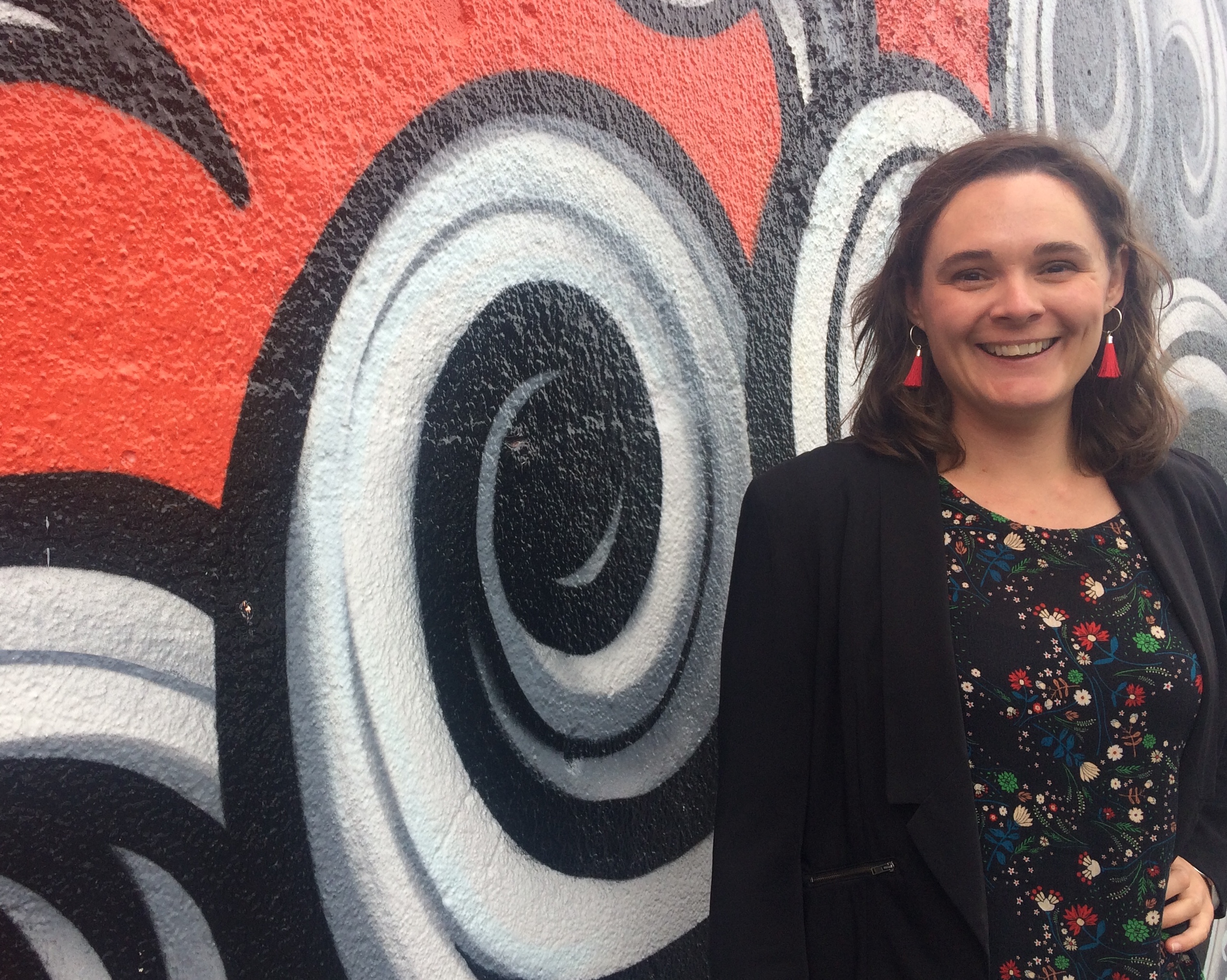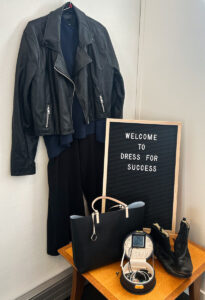Ethical fashion – the challenge facing both producers and consumers
The fashion world is coming under close scrutiny from environmentalists for its manufacturing processes.

A Waikato fashion tutor says clothing companies still have work to do to make their clothing more sustainable, but the processes to change are complex and will take time to implement.
While many companies have improved their ethical policies and reduced their carbon footprints to gain consumer trust, Rebekah Harman says “companies have a lot of responsibility for how they produce things.”
She said companies were starting to look at environmental issues such as how much water was used in material production.
Harman said her personal values lined up with protecting the environment from resource abuse and chemical contamination, both of which can occur in poor fashion production.
“They (ethics) are often associated with our personal values.”
While she believes companies take the majority of responsibility, consumers also have a role in reducing the negativity within the industry.
“People can be starting to look and find more out about what these companies are doing and why.”
Harman said to make easy sustainable changes you can make use of what you already have, and if you need to buy something new, consider buying something you will wear at least 30 times.
She recommended the annual Fashion Revolution Week for anyone wanting to know more about ethical fashion manufacturing processes.
This year as a response to the Rana Plaza tragedy the event encouraged consumers to be curious about who made their clothes, and in what conditions they were made in.




